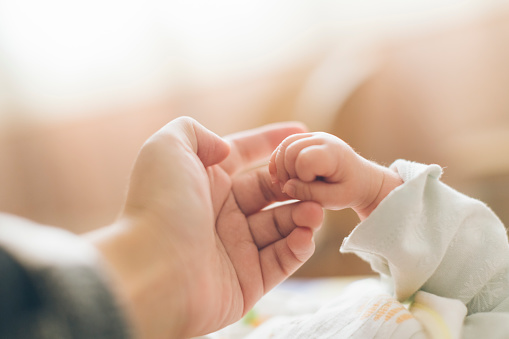In Rome in the early 1900s, Dr. The child is at the center of this approach, developed by Maria Montessori, and the teacher is responsible for preparing the environment and interacting with the child’s environment. While the Montessori approach supports academic development, it also focuses on the fact that children are unique individuals and learn in line with their own capacities. In addition, self-confidence, initiative, concentration, orderliness, knowing what one wants, independence, developing respect for others characterize this approach.
Classrooms where Montessori education is practiced are environments specially designed to meet the needs of children of certain age groups. Dr. Maria Montessori discovered that experiential learning in this type of classroom leads to a deeper understanding of language, math, science, music, social interactions, and more.
In the classrooms where the Montessori method is applied, each material supports different aspects of child development by creating a harmony between the child’s natural interests and available activities. Children can learn from their own experience and at their own pace. In Montessori education, children, who have the freedom to satisfy their natural curiosity at any moment, can thus form a solid foundation for lifelong learning experiences.
Montessori education environments support children’s learning from birth to secondary school.
